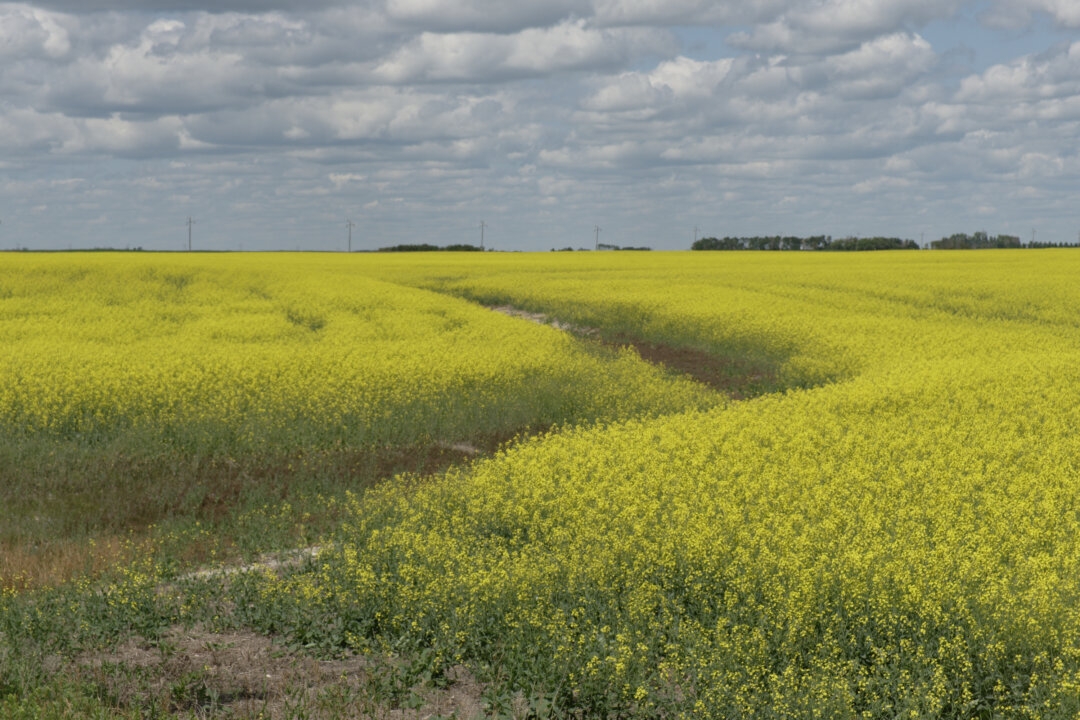
Australian Prime Minister Anthony Albanese is in Laos for the 44th ASEAN summit, where regional security and trade issues are expected to dominate the agenda. He has also had a private meeting with Chinese Prime Minister Li Qiang, their fifth face-to-face encounter and the second in only a few months. The 10 member states of ASEAN—Indonesia, Thailand, Singapore, Philippines, Vietnam, Malaysia, Myanmar, Cambodia, Brunei, and Laos—are also holding talks with other countries including Japan, South Korea, India, and Australia on topics ranging from regional economics to climate change and energy.
Last weekend, Defence Minister Richard Marles confirmed that Australia still awaited an explanation. “We have, in the aftermath of this test, sought an explanation from China about what this test was about,” he said. “We don’t have clarity as to why China did this.
” Following the one-on-one meeting, Albanese released a statement that did not mention Li’s response to questions about the missile launch, but confirmed that the two had agreed to restart exports of Australian live rock lobsters by the end of this year. “This, of course, will be in time for Chinese New Year, and this will be welcomed by the people engaged in the live lobster industry in places like Geraldton and South Australia and Tasmania and so many parts of particularly regional Australia, where this is just one of the elements that produce jobs for Australians,” the prime minister said. Albanese confirmed he'd spoken to Li about the “full range of regional and international security issues.
” That included Australia’s concerns about “destabilising actions in the South China Sea and about China’s recent missile ballistic test.” He had stressed the importance of the U.N.
Convention on the Law of the Sea and the need to “avoid incidents such as the ones that have occurred in the past [between China and Australia’s militaries in the region]. “So much international trade goes through the South China Sea,” he said. “We need to have military-to-military engagement, cooperation and dialogue to avoid any misadventure, and I put forward our view about the importance of those international rules being upheld.
” Security issues in Burma, also known as Myanmar, and the South China Sea, having posed consistent challenges to ASEAN, are likely to be the main issues discussed at the broader summit. Thailand has called for increased engagement with Burma ahead of a planned election, which would take place in an environment in which the ruling military junta, which took power in a 2020 coup—sparking a nationwide rebellion and civil war—refuses to hold talks with its opponents, whom it calls terrorists. Meanwhile, Vietnam, the Philippines, Malaysia, and Brunei—along with Taiwan—have overlapping claims to parts of the South China Sea, while Beijing claims sovereignty over virtually all of it and has become increasingly aggressive in its attempts to enforce its view.
.










